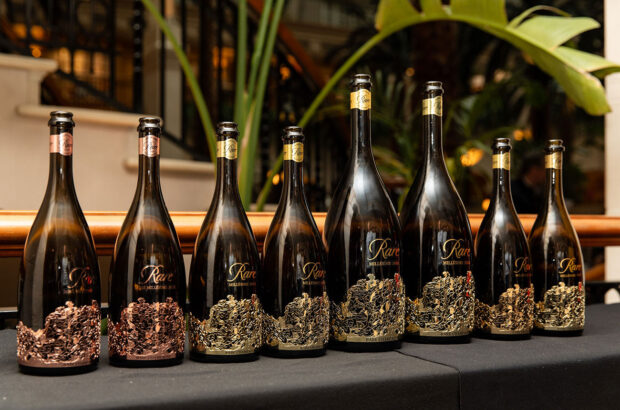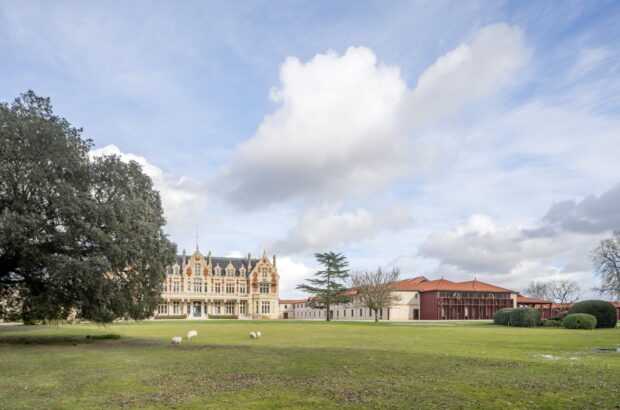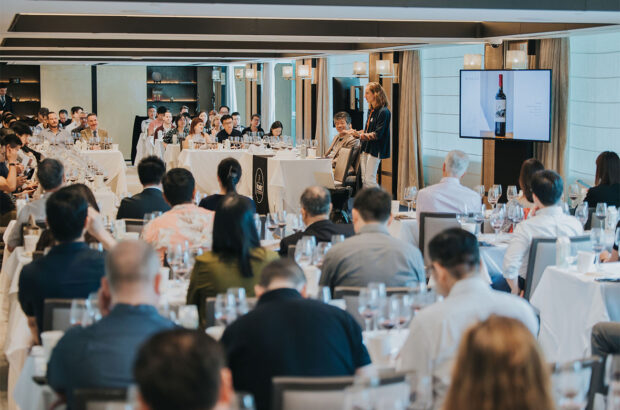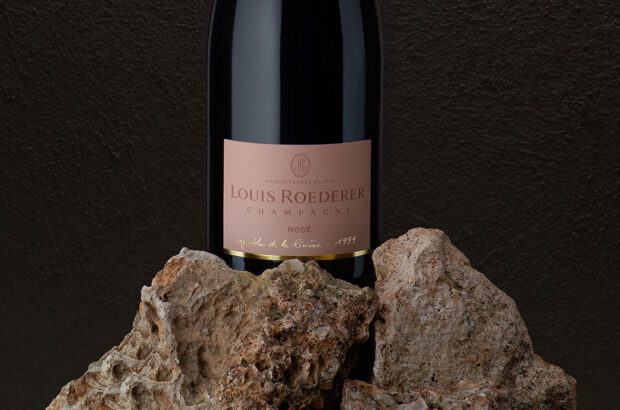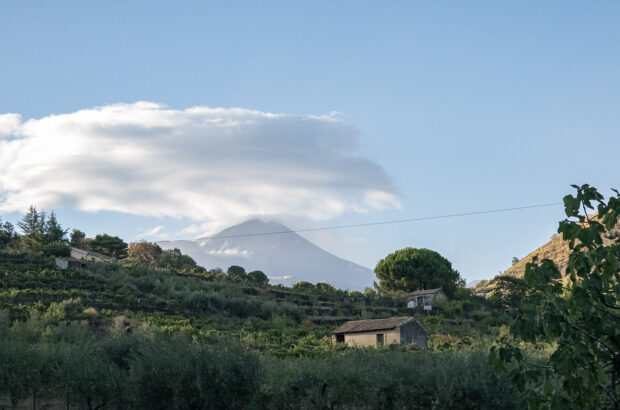The first of this millennium
Richard Smart has known what he’d be doing to see in the new millennium for the past 10 years. While most of us are drinking wine, Dr Smart and his friends will be making it. The Australian viticulturalist is the brains behind the First Light Wine Company – and the plan to bring the world the first wine produced from the 2000 vintage. The tale begins in 1989, when Dr Smart was researching an entry on harvest timing for Jancis Robinson MW’s bible, The Oxford Companion to Wine. Way before all this Millennium madness hit, the research started Dr Smart wondering whether there was any month of the year in which grapes weren’t being picked somewhere in the world – and he realised there needn’t be.It was the next step in logic that was the brainwave. This grapevine guru who consults to winemakers around the world then decided to pinpoint the region where grapes could be ripened early enough to be picked on January 1st to make the first wine of the 2000 vintage – the first wine of the new millennium.
He struck on Bourke, Australia.
Bourke
Bourke – population 3,000 – is in far-western New South Wales, about 700km northwest of Sydney, in the GMT +10 timezone. It is the source of the saying ‘Back o’Bourke’– go any further into the country’s red centre and you’re in the real Australian outback depicted so graphically in the stories of Henry Lawson and other Australian folklore. Better known as sheep country, Bourke has a small table grape industry but no wine grapes to speak of.Dr Smart and his partners – Bourke cotton farmers (now grapegrowers) Ron, Dave and Bronwen Newbury, Mudgee winemaker Andrew Harris and Sydney-based wine PR man Adrian Read – planted a 2.5 hectare vineyard at Bourke in 1997. They chose Chardonnay because it ripens early and tolerates warm to hot climatic conditions. And they’ve timed it carefully, pruning in July to allow the 130 days required between budbreak and harvest in this hot region to ensure the grapes are ripe on January 1st.
‘What inspired me was the realisation that this quite narrow section of eastern Australia is unique – the one place in the one time zone where grapes for the first wine of the year 2000 can be grown successfully,’ says Dr Smart.’There is nowhere else in the world it can be done. It will capture in a bottle the movement from one nominal millennium to the next… the idea captured my imagination totally.’So, while the rest of Australia is singing Auld Lang Syne, Dr Smart and his partners will be picking the first grapes by the light of miners’ helmets. The intention: to crush a small batch within minutes and inoculate with yeast to begin the winemaking, then transport the rest in a refrigerated van to the Andrew Harris winery in Mudgee, five hours away. There, winemaker Frank Newman will oversee the vinification process with fermentation taking place in small vats and oak barrels. The winemaking process will be streamlined so the first bottling takes place by the end of January 2000.
First Light Wine
The creation was to be called First Light 2000 Chardonnay. But after publicising the project in October (they had kept it under wraps until then for fear of copy cat attempts), New Zealand winemaker Phil Parker sent a scathing letter reminding them that he uses Firstlight Red as the name of his Gisborne Beaujolais-style wine. Dr Smart complied with his request to drop the name and the Bourke pioneers came up with a new label – Genesis Chardonnay 2000.
To make the unique wine even more special, 2,000 numbered magnums of Genesis will be bottled and sold in striking metallic ‘time capsules’ for AU$500 a piece, while 750ml bottles packaged in time capsules will be offered for AU$150 and single etched bottles or six-packs will sell for AU$85 or AU$485 respectively.The first three magnums will be rushed to London for auction by Christie’s on February 3rd 2000. Proceeds will support the Busselton Medical Research Foundation in Western Australia (founded by pioneering Margaret River vigneron the late Dr Kevin Cullen), UK charity Wine Relief (established by Jancis Robinson among others) and the National Society for the Prevention of Cruelty to Children. Christie’s is also finalising plans for an auction of magnum number four in New York on February 11th and number five in Tokyo in early June.As for critics who question the quality of Genesis, Dr Smart points out that many of Australia’s most successful Chardonnay exports are produced under similar conditions in the Riverland, Riverina and Sunraysia wine regions. The crop is low – about six tonnes per hectare – and he expects between 12 and 15 tonnes for the 2000 vintage. He also refutes any suggestion that the quality of the wine will suffer because it is the first vintage from the Bourke vineyard, saying the experience of the Australian wine industry shows the best crop often comes from the first crop.’We feel comfortable that the wine is going to be of quite acceptable standard for what it is,’ Dr Smart says, admitting candidly: ‘We didn’t choose a place to produce the world’s best Chardonnay, we chose a place to produce the world’s first wine.’
The project is also providing valuable information for another of Dr Smart’s world-leading schemes: a mighty database covering more than 3,000 grape varieties and climate data for 600 vineyard regions around the world. With it, he plans to be able to help winemakers and grapegrowers develop new vineyard sites with greater confidence by studying the relationship between climate and vine development.’I think this is the Brave New World of vineyard development,’ he says. ‘We know enough to predict pretty much what’s going to happen (at any vineyard site). People don’t like to think that something romantic can be debauched by mere science but the fact is, science does help.’So, as you raise your glass on New Year’s Eve to celebrate, spare a thought for Richard Smart and his friends hard at work in their outback vineyard.’It’s one thing to watch fireworks at Sydney Harbour,’ he says. ‘But only 30 people can pick the first grapes of the new millennium. It’s the sort of New Year’s Eve experience that only a few people in the world will be able to share. I am a bit surprised that no one has thought of it before.’Millennium purists won’t miss out – Richard Smart will also be making a Genesis Chardonnay 2001 and has plans to continue the project for many years.








